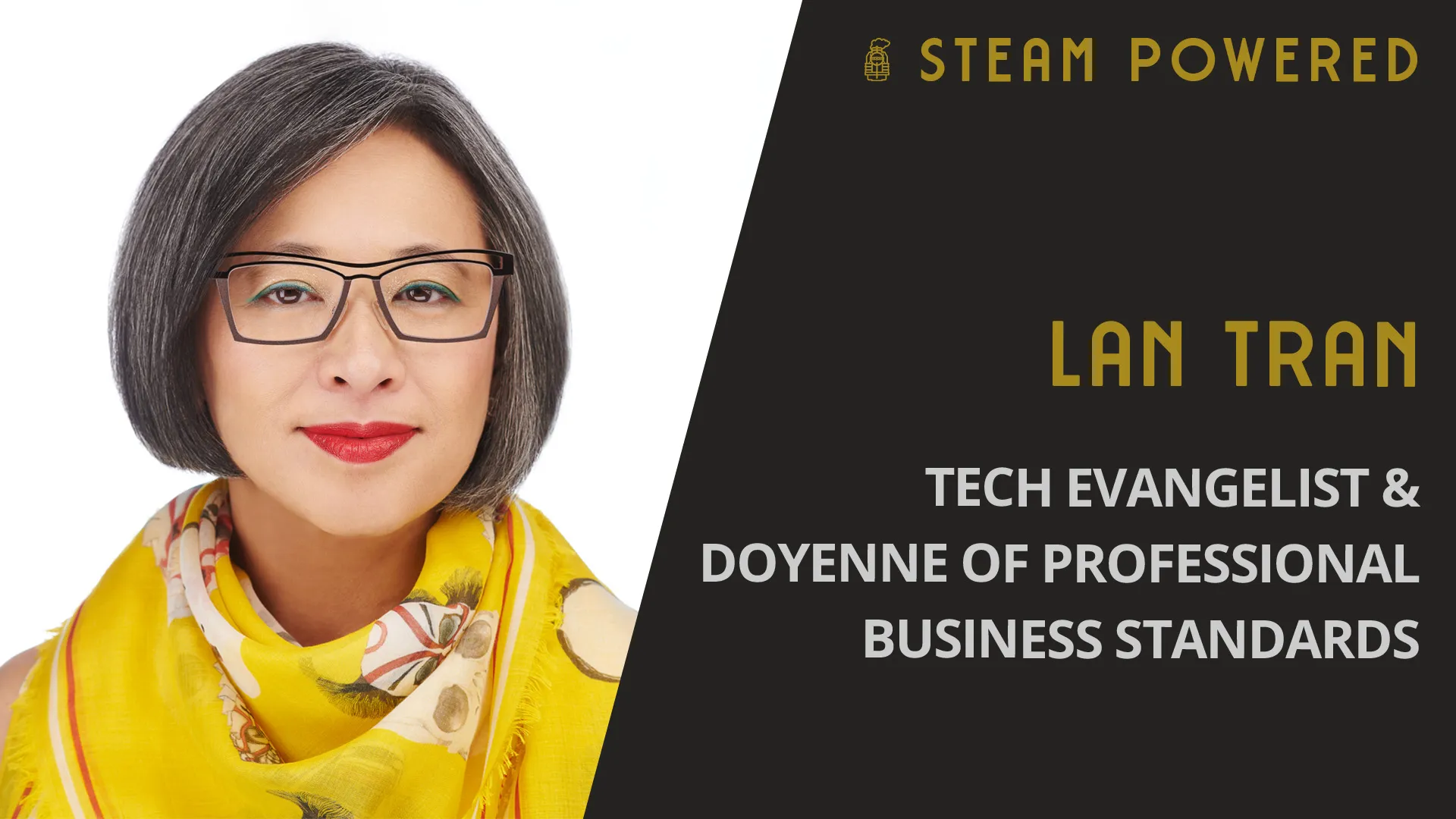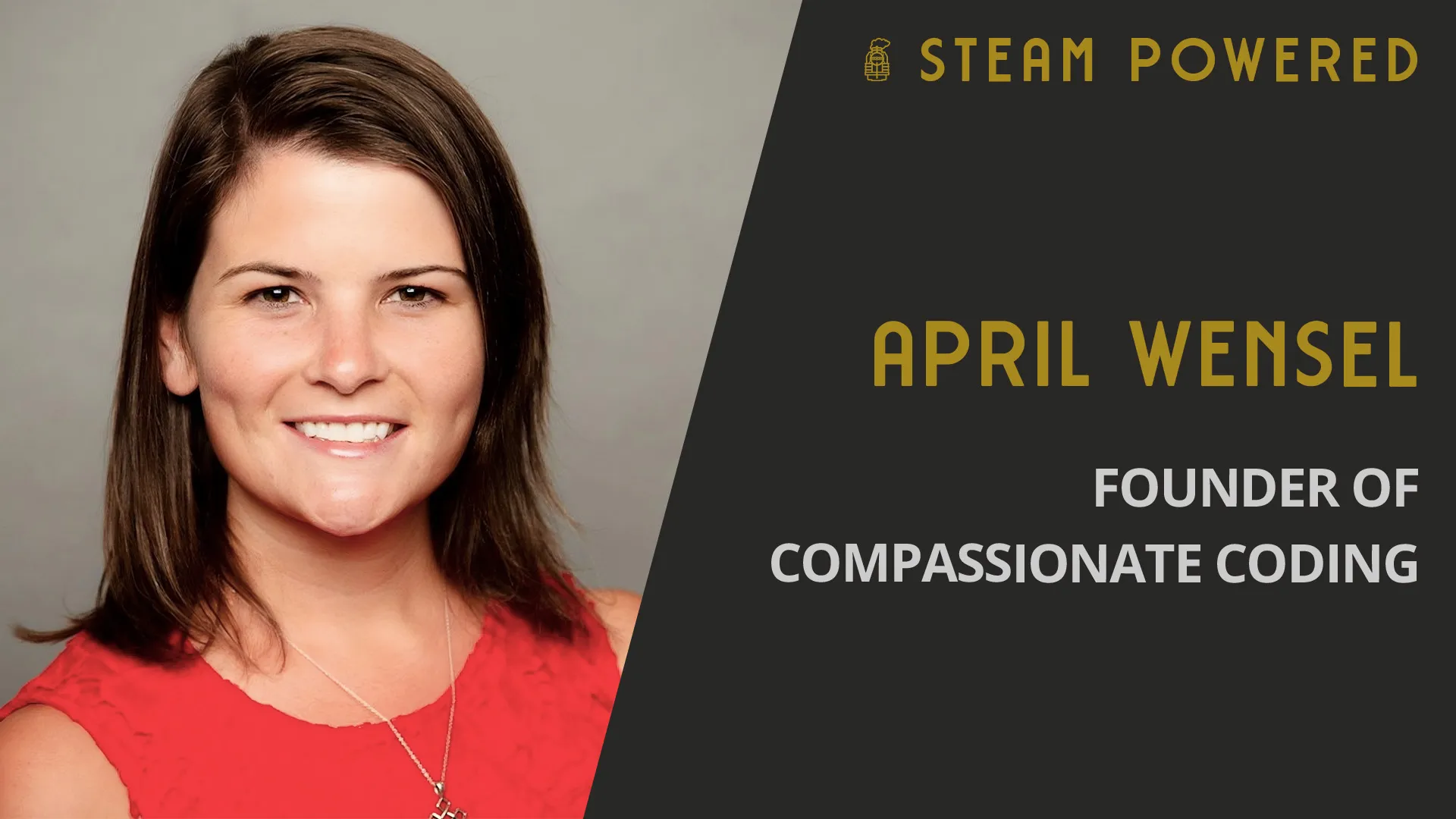Geospatial analysis and making information beautiful with Helen McKenzie
Geographic Information Systems. There, I've lost some of you already. But you're missing out, because GIS is more than about where things are, it's about why they're there, and quite a few of those reasons will be because of how people do people things.
Helen McKenzie is a cartographer, data visualiser, and geospatial advocate, who is passionate about finding meaning in complex data and making information beautiful. We speak about her love of maps, and how we can use geospatial analysis to elegantly give more meaning to the way we live in the world around us, and keep our societies ticking away.
About Helen McKenzie
Helen McKenzie is a Geospatial Advocate which means her job is to get people excited about all things geospatial! She has been working in the geospatial industry for around 10 years and has recently made the move from consultancy to technical marketing, whether that’s through running live workshops or writing blogs about using GIS to choose the best venue for the Eurovision Song Contest.
- Twitter: @helenmakesmaps
- Instagram: @helen.makes.maps
- LinkedIn: https://www.linkedin.com/in/helenmckenzie003/
Listen to the Podcast
Listen on Apple Podcasts, Spotify, iHeartRadio, Amazon Music, Castbox, Deezer, Goodpods, Overcast, Pocket Casts, TuneIn, Blubrry, Podcast Addict, Podchaser, JioSaavn, RSS , and other podcast platforms.
Watch on YouTube
- [00:01:32] How Helen found her way to geography and GIS.
- [00:05:04] Helen's dissertation combining Jane Austen and GIS.
- [00:08:57] What does work in geospatial sciences look like?
- [00:12:04] The depth of detail in understanding our communities.
- [00:15:19] Michele talks about warm data again because warm data is cool.
- [00:17:06] GIS is about engagement with the data and making those connections.
- [00:21:00] Becoming a geospatial advocate.
- [00:27:20] Understanding from geospatial data and its value to businesses.
- [00:29:25] The cost and factors involved in opening a new store branch.
- [00:32:29] Michele has too many bubble tea shops nearby. Her local area could have benefitted from some geospatial data.
- [00:34:14] What does a geospatial advocate do?
- [00:39:55] Finding your audience.
- [00:41:46] What Helen doesn't like about her work.
- [00:42:48] The challenges of public speaking.
Highlights
Connect with Us
- @steampoweredshow
- @steampoweredshw
- @steampoweredshow
- @steampoweredshow
- @steampoweredshow
- @steampoweredshow
- steampoweredshow
Support STEAM Powered
Review Us
Please leave us a review on Apple Podcasts, Spotify, GoodPods, Podchaser, or your preferred podcatcher.
Become a Patron
Affiliate Programs
Start your own podcast or YouTube channel, or run panels and seminars with
Riverside.fm. Record up to 8
people in a session with up to 1000 audience members. You can record in advance
as I do, or you can livestream with the option to send it straight to Facebook,
Youtube, Twitter, or Twitch. There’s even a green-room for guests and live call
in for audience members. Afterwards, get separate video (up to 4K) and audio (up
to 48kHz) tracks per recorded participant for editing, none of that “active
speaker only” limitation. You know you’re in good hands with a service whose
client-base includes some heavy-hitters. Check out
Riverside.fm to see who else is on
board. Use promo code STEAM25 to get 25% off the first three months of your
subscription.
Music is “Gypsy Jazz in Paris 1935” by Brett Van Donsel.

